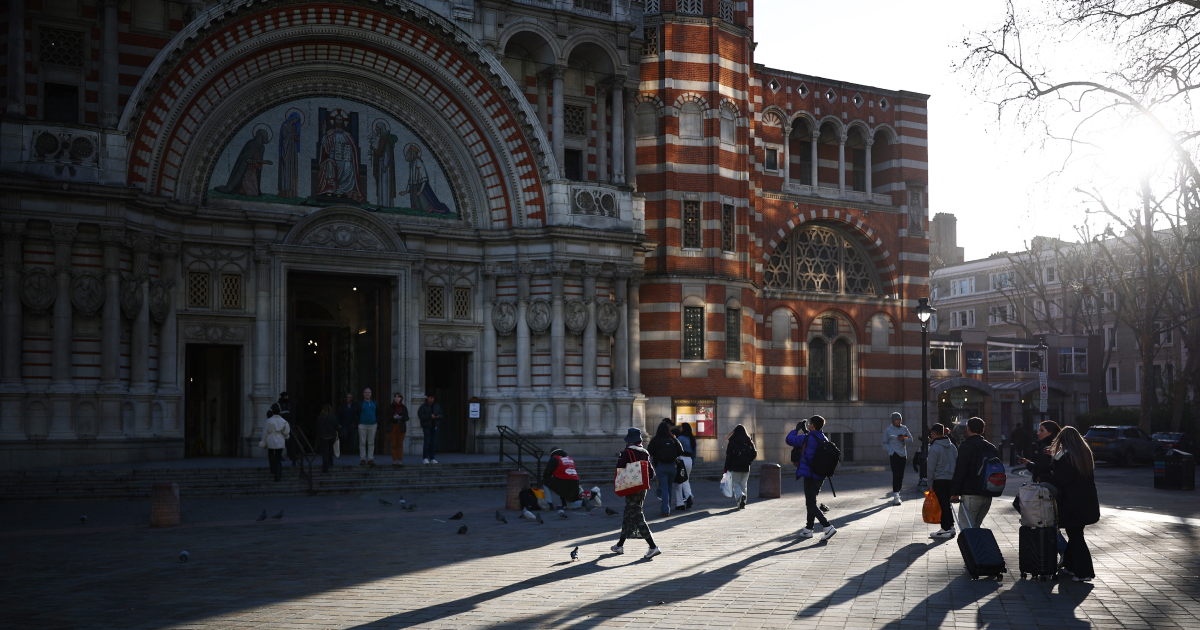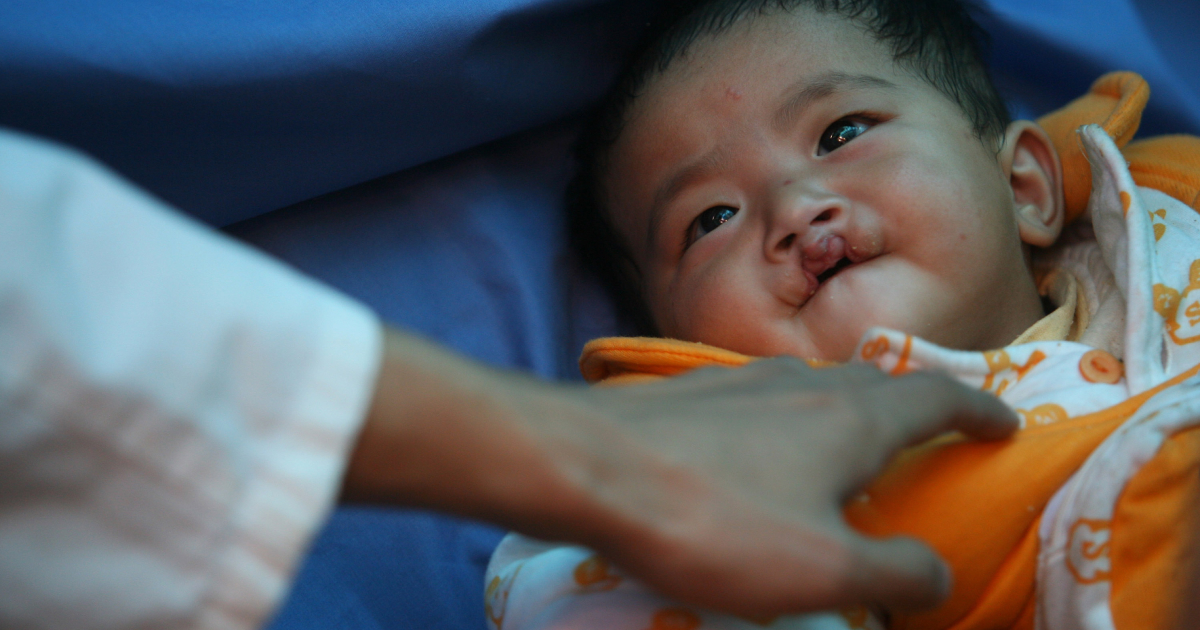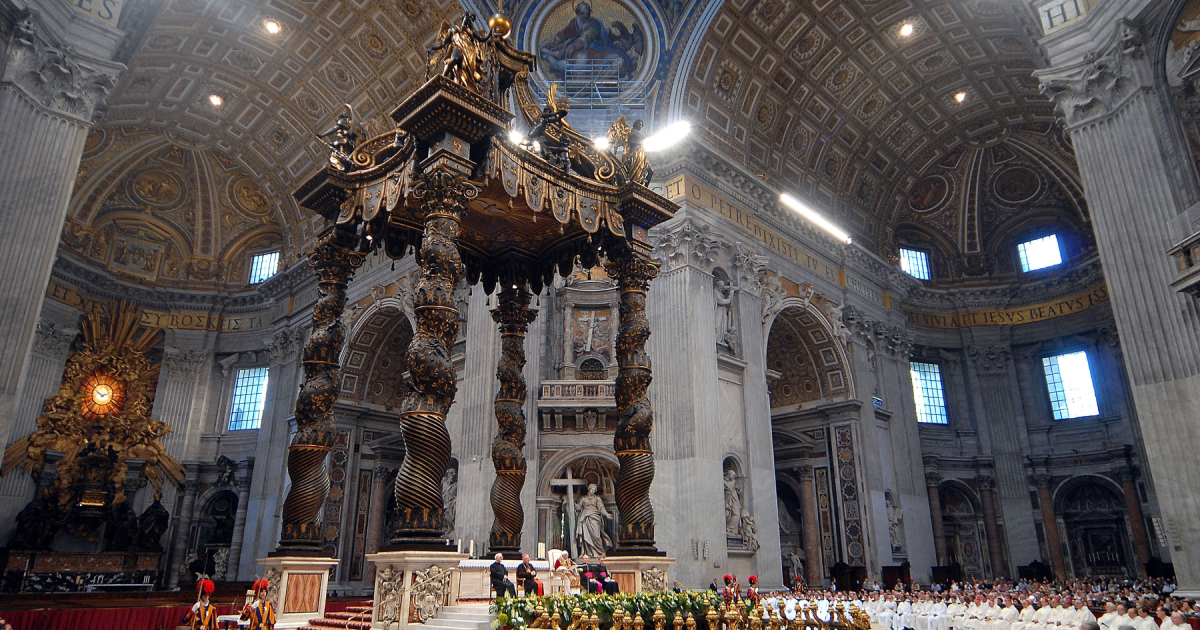The Archbishop of Toulouse, Archbishop Guy de Kerimel, has backtracked from the controversial appointment of a convicted rapist as diocesan chancellor.
On 16 August, Archbishop de Kerimel announced the appointment of a new diocesan chancellor after weeks of criticism over his initial appointment of Fr Dominique Spina.
Fr Dominique Spina was convicted in 2005 of the rape of a high-school student in Pau, southwest France, in the Diocese of Bayonne, for offences committed in 1993. The victim came from a troubled family background and believed he had a vocation to the priesthood. Spina became his spiritual director and carried out the abuse between 1992 and 1994.
Spina initially prevented the young man from entering the diocesan seminary. However, he was eventually admitted and later reported the abuse to the seminary director. Shortly after the report, the victim was expelled from the seminary for “lack of maturity”. A complaint was filed in 2002, and Spina was taken into custody.
As is sadly often the case with abuse victims, the man — who later became a schoolteacher — has himself since been charged with abuse.
Spina was sentenced to four years in prison for what he described as a “consensual relationship”. According to reports, concerns were raised during the trial about the risk of reoffending, with psychiatric experts noting that the priest appeared to exhibit “paranoid, narcissistic and perverse dispositions” and a “lack of guilt”.
After serving two years of his sentence, he was granted parole in 2007 and transferred to the Diocese of Toulouse by then-Archbishop Robert Le Gall, while remaining incardinated in his original diocese. In Toulouse, he was to be given mostly administrative responsibilities, including minor pastoral duties with adults only, and was provided with psychological support.
In 2009, he requested to resume his priestly ministry, which was granted under supervision. However, he became parish priest of Fronton-Bouloc-Castelnau-d’Estrétefonds, where he was the only priest and oversaw youth ministry. The bishop of Toulouse at the time defended the decision, arguing that Spina did not have unsupervised contact with children. In 2016, following media backlash, the bishop relieved him of his duties.
Despite this, the archdiocese’s June 2025 appointments stated: “Father Dominique SPINA, Priest of the Diocese of Toulouse, Vice-Chancellor of the Diocese of Toulouse, is appointed Chancellor and Episcopal Delegate for Marriages.”
In response, the Archbishop of Toulouse said he had “taken the side of mercy”. Fraternité Victimes, an association that supports victims of abuse in the Church, responded: “Talking about mercy to defend this promotion is simply scandalous.”
The announcement provoked outrage across France. Victims’ groups and Spina’s own victim denounced the appointment, while the French bishops’ conference intervened.
On 11 August, The Catholic Herald reported that Cardinal Jean-Marc Aveline of Marseille, Archbishop Vincent Jordy of Tours, and Bishop Benoît Bertrand of Pontoise wrote that “such an appointment to such an important position, both canonically and symbolically, can only reopen wounds, reawaken suspicions, and disconcert the people of God.”
Under significant pressure to backtrack from the appointment, on 16 August the archbishop released the following statement: “At my request, Father Dominique Spina resigned from the position of chancellor with genuine openness of heart. I thank him for this. I therefore appoint, after consultation, Father Léopold Biyoki, Chancellor of the Diocese of Toulouse, from September 1, 2025.”
On the same day, another statement was released explaining the rationale behind the initial appointment. Attempting to explain what the archbishop perceived as a balancing act between the needs of the victim and the perpetrator, he said: “My decision was interpreted by many people as a snub to the victims of sexual abuse; I ask the victims’ forgiveness. This was obviously not my intention. Others finally saw it as a sign of hope for the perpetrators of abuse who had served their sentence and are experiencing a very trying social death. Here, I must ask forgiveness from the one I named and in whom I trust, for not having been able to find the rightful place to which he is entitled.”
He further maintained that the Church must find a place for offenders, stating: “We believe that justice is not opposed to mercy, mercy is not opposed to justice,” he wrote. “In the Gospel, Jesus went to great lengths to rehabilitate sinful and guilty people … Jesus forgave their sins, they changed their lives, and they exercised, in the name of Christ, an authority that lasts to this day.”
The situation showed an unusual dynamic in which the French bishops’ conference was able to speak out publicly against Archbishop de Kerimel without Vatican interference. Normally, episcopal conferences refrain from censuring one of their own in such direct terms.
The 11 August statement, signed by Cardinal Jean-Marc Aveline and his fellow bishops, therefore stood out as unusual and carried more weight precisely because it was understood to have Vatican backing. Rather than the customary deference shown to another bishop, de Kerimel was left exposed, with Rome signalling that his defence of Fr Spina could not stand unchallenged.





.jpg)











